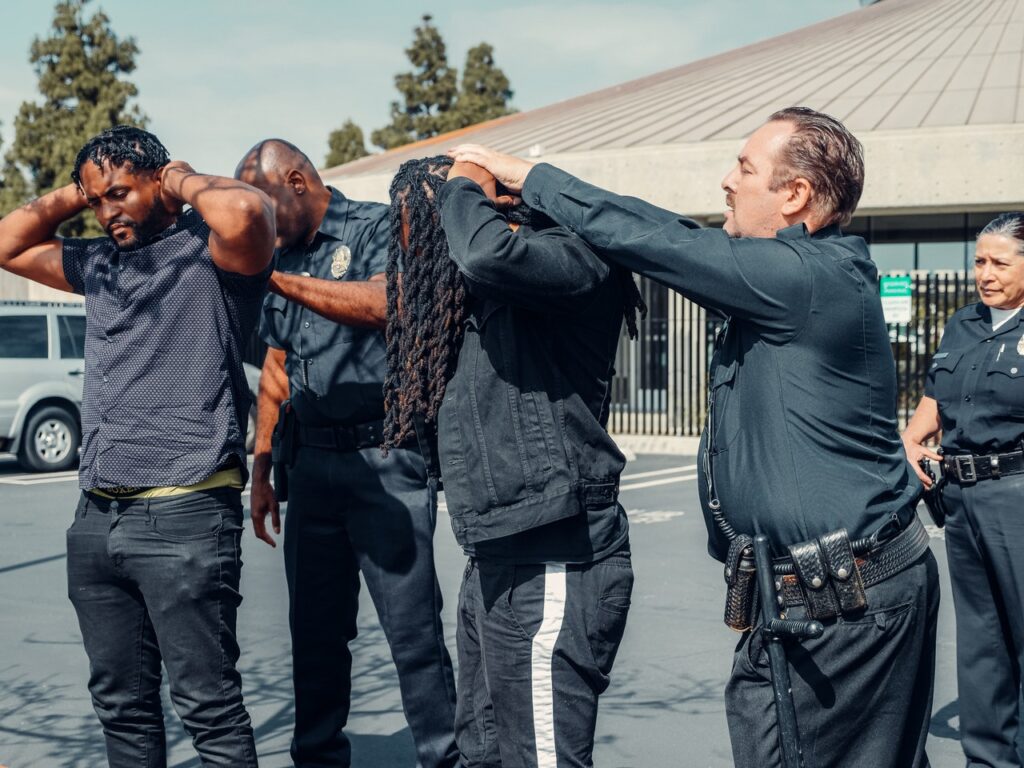It is true that discrimination of ethnic or racial origin violates the principle of equality and is morally wrong. The focus of equality requires that all people are equal and thus should be treated equally regardless of anything. If racial discrimination does not exist, it certainly has a historical foundation for its existence.
African Americans have suffered discrimination based on ethnicity, initially through the system of slavery and then through a pattern of informal and formal segregation that has historically endorsed overt racial discrimination. Essential to keep in mind that from the time of the inception of slavery in the early 17th century, slaves were considered the property of their masters on a perception that they were naturally unequal and inferior people (Elias and Paradies, 2021).
Slavery was rooted in the Southern parts of the United States and ultimately played a massive role in the North and South division. Following the Civil War came years of segregation, the Ku Klux Klan, the Civil Rights movement, the assassination of Martin Luther King, and many other solid historical events that revolutionized history and can never be forgotten. Even President Abraham Lincoln was also assassinated because he was a southern sympathizer for the south of cause of slavery.
Undoubtedly, racial disparity is a major issue in the criminal justice system that was dramatically high and still exists. There has been strong evidence of racial discrimination extending through the justice system from racial profiling, jury selection, politics, drug laws, traffic stops, teaching, and capital punishment. Besides all the discrimination, many would argue that the most horrific is the death penalty. There is a long history of racial discrimination in using the death penalty in the United States. Even many have been convicted and sentenced to death despite questions raised about their possible innocence. And this was the reason why the death penalty based on race was said to be unconstitutional in 1972 (Tabak, 2005).
In the 20th century, the possibility of police brutality and racism was brought to the forefront. Law enforcement is seen using intense force against people, especially people of color. It was all due to the racial bias and racist perceptions toward minorities. The majority of the population agreed that this racial bias could lead to excessive force.
Moreover, plenty of research shows minorities are far more likely to get a prison sentence than whites when charged with a misdemeanor. With the police arresting far more minorities than whites, it would stand to reason that more minorities would receive prison time. The interesting point is that racial discrimination is strongly evident throughout the justice system, and overwhelming evidence of the death penalty in the United States continues to be corrupted by race and racial bias.
References
Elias, A., & Paradies, Y. (2021). The Costs of Institutional Racism and its Ethical Implications for Healthcare. Journal of bioethical inquiry, 18(1), 45–58. https://doi.org/10.1007/s11673-020-10073-0
Tabak, R. J. (2005). Racial discrimination in implementing the death penalty. American Bar Association.

